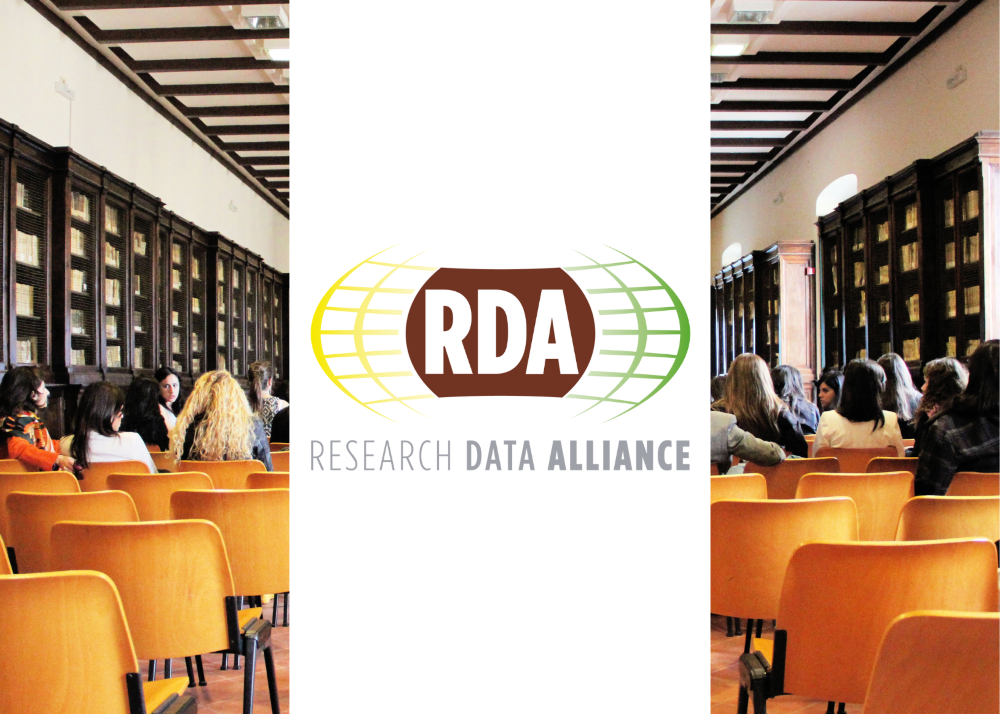The Research Data Alliance: what it is and how to get involved
Posted on 31 May 2023
The Research Data Alliance: what it is and how to get involved
 By Gemma Turon, SSI Fellow
By Gemma Turon, SSI Fellow
As someone working on AI applied to drug discovery for infectious diseases, I probably should have gotten involved with the Research Data Alliance (RDA) before. However, with so many cool initiatives and organisations working, broadly speaking, on the open science, open source and open data space, I barely had a chance to visit the RDA website a couple of times. Luckily, the opportunity arose when my former Open Life Science mentor (Dr Fotis Psompoulos) invited me to the RDA Plenary Seminar for a session on FAIR principles applied to Machine Learning (ML), and I was able to accept thanks to the SSI Fellowship covering the registration costs.
The Research Data Alliance
With over 10000 members from 145 countries, RDA provides a neutral space where its members can come together to develop and adopt infrastructure that promotes data-sharing and data-driven research (citing from the website)
The RDA, therefore, is a community-driven effort gathering academic, non-profit, private and public sector researchers to dive deeper into how and why any kind of data should be shared worldwide. It is organised at three levels:
- Working Groups (WG)
- Interest Groups (IG)
- Communities of Practice (CoP)
CoP lead the investigation into specific disciplines and provide coordination capacity in their domain, while IG focus on a specific data sharing problem. WG are shorter-term initiatives that actually develop and implement specific data infrastructures. Both IG and WG can be initiated or joined by RDA members, so if your work involves data management and you are in search of a community in your specific domain, check out the open IG and WG! Membership registration for individuals is fairly straightforward; it only took a couple of days to process mine.
RDA Plenary 2023
The Plenary seminars provide an excellent opportunity to meet with the community and get involved with different IGs. In an event where so much is going on, I recommend looking at the sessions classified by Pathways, which will let you find the ones more relevant to you.
I participated in several sessions as part of the audience, but I just want to share a few lines about the "Defining the roadmap towards FAIR for Machine Learning" (FAIR-ML IG) session, where I was invited to give an introductory presentation on the role of model registries, closely related to our work at Ersilia. The IG was established to study how the FAIR principles apply to Machine Learning, understanding that FAIR is not limited to data but to digital assets. After the introductory presentations, the IG chair moderated a highly interactive session to identify the domains of interest for the IG. Notes from the meeting are open in this shared document. In a truly collaborative, community-driven effort, the task forces listed in the meeting will be discussed in monthly IG meetings and tackled according to the support they have from the IG members.
The RDA Plenary was my first experience in a conference fully built upon the community interests, and I was impressed by the number of initiatives spanning from both speakers and audience.

